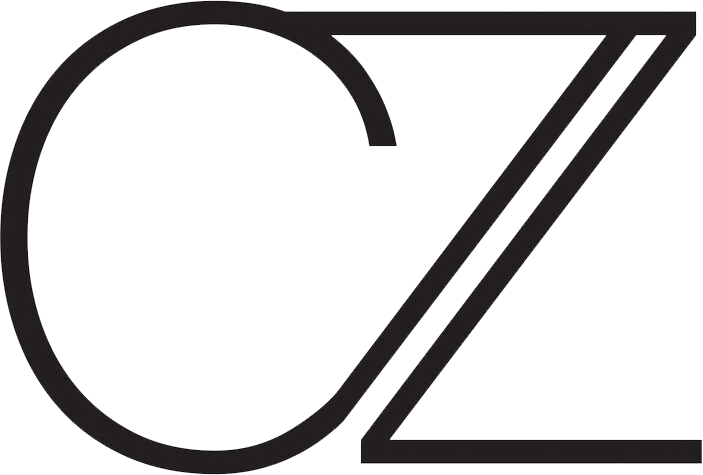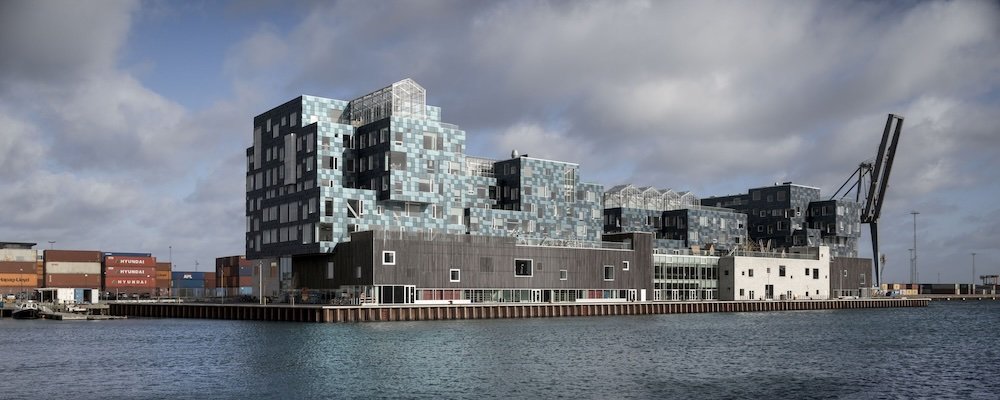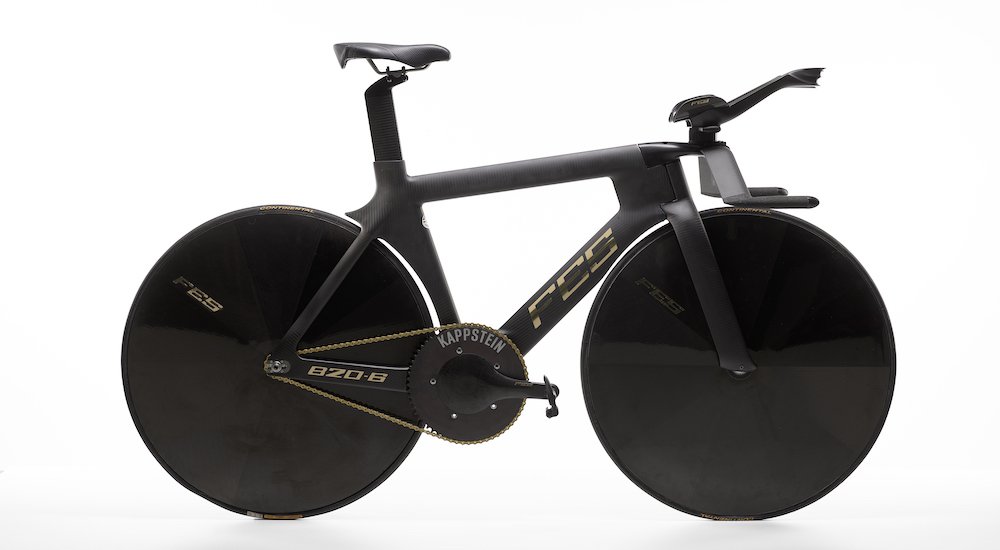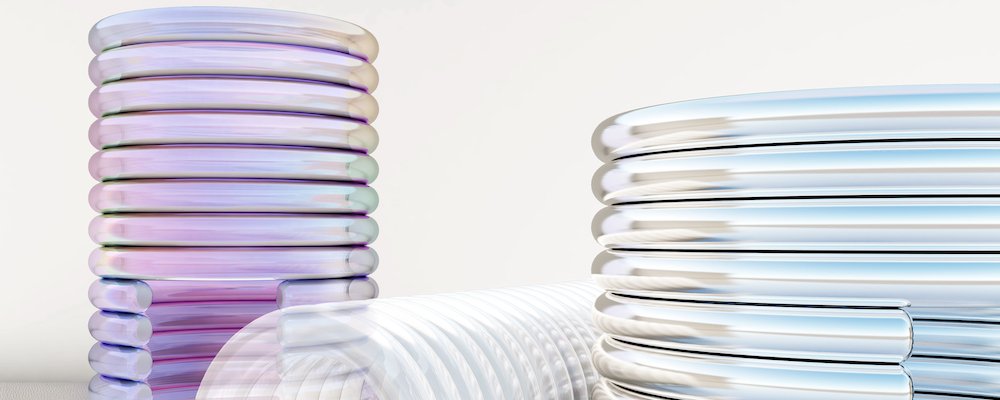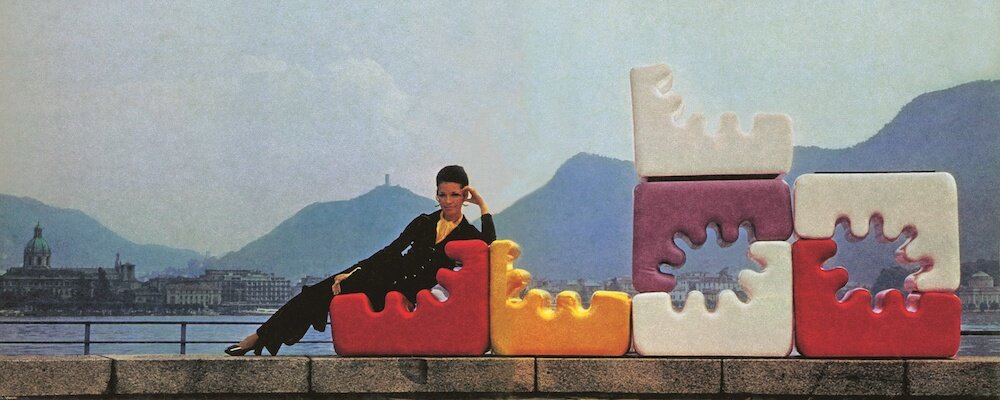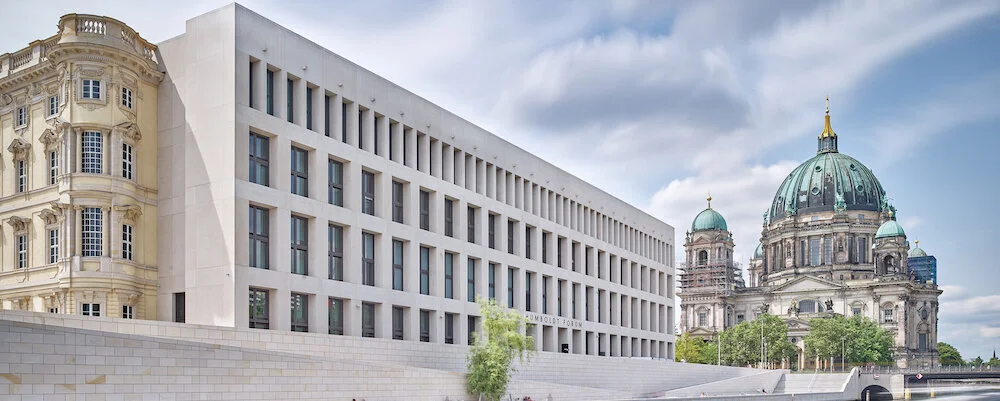dieDAS - Debut Fellowship Programme 2020
dieDAS, the Design Academy Saaleck (Germany), was founded to provide designers and creative minds with generous opportunities for development and networking. From September 10th, the first fellow designers, among them Talin Hazbar from the UAE, will be hosted for a 10-day programme.
The acquisition of the former Saaleck Workshops near Naumburg in Saxony-Anhalt was made possible in 2018 thanks to the dedication of collector and patron Egidio Marzona and the founding of the Marzona Foundation. The complex of buildings, nestled high on a cliff above the Saale river, looks back on a grave and complex past, inevitably linked to German architect and racial ideologist Paul Schultze-Naumburg. In 1902, he built his home in Saaleck and shortly thereafter founded the Saaleck Workshops, which soon became a plateau for National Socialist sentiment and ideology. This story needs to be remembered. What was once thought and said at the Saaleck Workshops must never fade from the collective memory.
Reclaiming this “uncomfortable monument” as a place of free thought, creation, and discourse was a deliberate choice, the Marzona Foundation and dieDAS will transform the former Workshops to reflect contemporary culture and facilitate a productive and distinct exchange.
Diverse, interdisciplinary, open. The Academy will be a firm and material testament to the power of change in an open community with unlimited freedom of design.
In the next coming days, die DAS will break ground on an ambitious, multiyear restoration and development effort. The full curriculum is scheduled to begin in 2023-2024.
DieDAS - Design Akademie Saaleck
The Academy’s programme stands for a unique access to creative, transformative, and collaborative brainstorming.
DAS fellowships: 16 international fellows from the fields of design, craft, architecture and art the opportunity to research, design, and experiment in their quarters and studios. During their four-month stay, the fellows are free to roam and network, to retreat and relax, and to develop and present their work. In 2020, due to the sanitary situation, the first batch of fellows will only stay 10 days in Germany.
DAS innovation retreats: From October to April, there will be exclusive opportunities for institutions and companies to experience the Academy as a place for exchange and discovery.
DAS walk+talk: Every autumn, an international symposium will take place for an open inter- and transdisciplinary exchange.
DAS outreach: Members and advocates of the Academy will actively participate in the community and invite the community’s participation with programmes and engagements.
DAS workshops: The various „Labs“ of the Academy and the fully equipped workshops will be available for use by small and medium-sized companies in the region.
DAS lectures: The Academy will create platforms and occasions to examine socially relevant questions and themes, to listen to lectures, and to pursue common interests.
Inaugural Fellowship Programme
Farming Material’s Ecologies: From Uncomfortable Pasts to Responsible Futures.
Launched from September 10th, it will take place in the form of an intensive one-week workshop, focusing on the concept of materials’ ecologies within the design and architectural practices.
Under the close direction and coaching of the dieDAS Team—led by Maurizio Montalti, Artistic Director of the inaugural programme—as well as a roster of prestigious contributors*, the selected fellows will work as a collective to explore and critically analyse the local context and dieDAS’s potential role within it. From regional traditions to crafts, industrial activities, and beyond, they will study the academy’s environment and then position their site-specific research within a frame that takes into account both relevant local and important global dynamics.
Espousing a critical, systemic approach to design, the 2020 Fellowship Programme aims to lay the groundwork for future dieDAS talents by producing a unified vision to “seed the ground" for the creation of a multicultural ecology dedicated to on-site material production.
By radically subverting the origin of the raw materials currently implemented within both industrial (e.g. exploitative extractions) and transformative design processes (e.g. fibers from monocultures in agro-industry), the 2020 framework will promote and accelerate the transition towards climate neutrality.
The one-week intensive programme will result in the genesis of an ever growing design platform, which dieDAS will continue building upon in years to come. Finally, the outcomes of the 2020 Fellowship will be presented and discussed with the extended dieDAS network as part of a participatory online conference, taking place at the end of the programme.
The Inaugural Fellows
Talin Hazbar (UAE)
Born in Aleppo, Syria (1988), Talin Hazbar is a UAE-based multi-disciplinary creative working across the fields of architecture, art and design. She holds a bachelor's degree in Architecture from the American University of Sharjah (2012). Talin’s process-driven work is characterised by a connection to surrounding landscapes and their intricate materialities. Her practice explores the relationship between nature and architecture; she designs within organic systems and experiments with materials to understand behaviour, challenge properties, and recall naturally built structures.
Svenja Keune (Germany)
Born in Hemer, Germany (1986), Svenja Keune is a Sweden-based artist-designer specialised in dynamic surfaces and installations. She has a doctorate degree from the Swedish School of Textiles at the University of Borås (2019), as well as master's and bachelor’s degrees in Textile Design from the Hamburg University of Applied Sciences (2012 and 2010, respectively).
Svenja aims to enliven and enrich our physical world through poetic, experimental surfaces, objects, and installations. Her research-driven work explores responsive textile hybrids that integrate plant life and/or electronics, challenging the way we perceive and live with textiles.
Sasson Rafailov (USA)
Sasson Rafailov is a Cambridge, Massachusetts-based designer and architect. Born in Brooklyn, New York (1995), he has a master’s degree in Design Studies from Harvard University's Graduate School of Design (2019) and a bachelor’s degree in Architecture from Cornell University’s College of Architecture, Art, and Planning (2018).
Rafailov’s research-driven practice ranges from large-scale architectural projects to small design objects. His work investigates traditional and contemporary craft techniques, with a particular emphasis placed on producing functional objects using traditional craft processes.
Basse Stittgen (Germany)
German designer Basse Stittgen was born in Hannover in 1990. He attended the University of Design (HfG) Schwäbisch Gmünd, earning a bachelor's degree in Product Design in 2015. He went on to study Social Design at the Design Academy Eindhoven, graduating with a master’s degree in 2017. He lives and works in Amsterdam.
Stittgen’s work tackles the development, potential application, and symbolic meaning of unexpected biomaterials. He transforms discarded materials and waste from production processes into aesthetically pleasing design objects. By providing fresh contexts for these raw materials.
*DieDAS 2020 Fellowship mentors are: Arne Cornelius Wasmuth, Founding Director of dieDAS; Prof. Dr. Daniela Spiegel, Architecture, facility management and geoinformation; Maurizio Montalti, 2020 dieDAS Artistic Director; Prof. Dr. Dr. h.c. Wulf Diepenbrock, Cultivation methods, yield formation and ecophysiology of agricultural crops; Eugenia Morpurgo, Designer; Alex Marashian, Writer, editor and creative consultant; Formafantasma, Designers; Sissel Tolaas, Norwegian artist and researcher; Christoph Voelcker, Designer; Alfredo Brillembourg, Architect, Adjunct Professor Columbia University, Chair for Architecture and Urban Design ETH Zurich; Omer Arbel Architect and designer; Andreas Toelke, Journalist.
